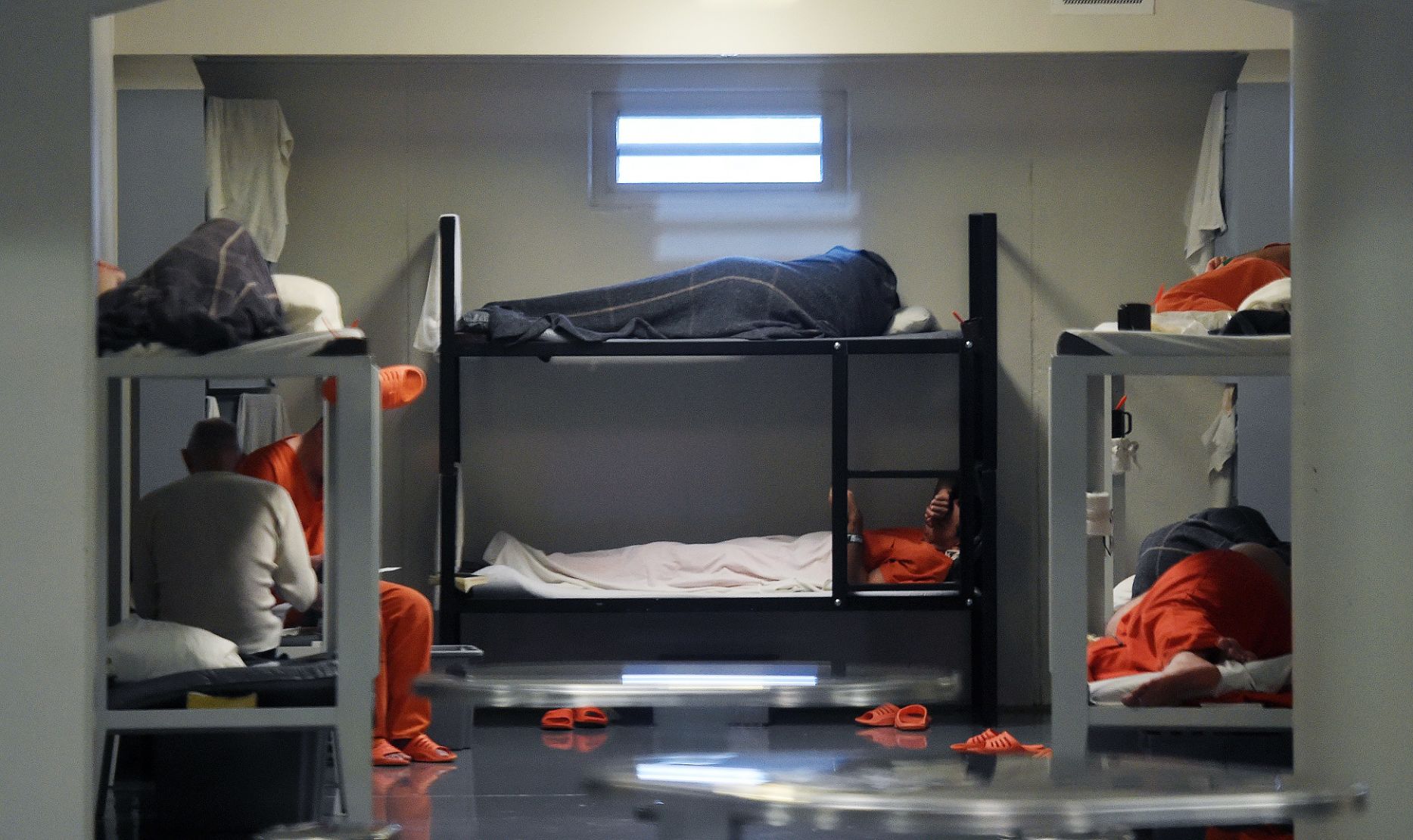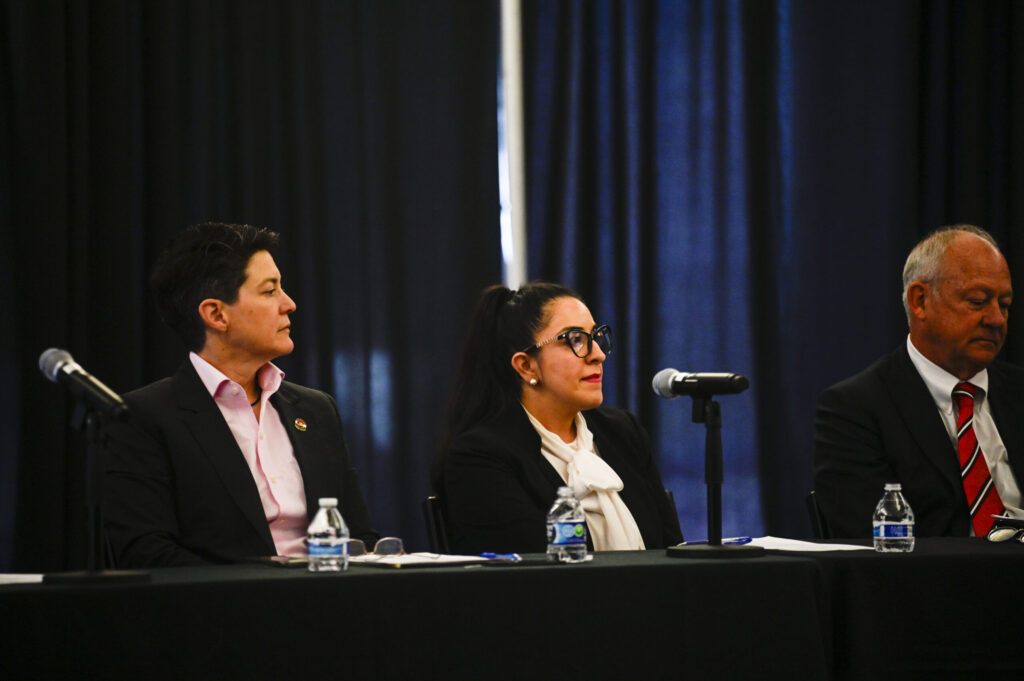Colorado expands access to DNA testing after criminal convictions

A new state law took effect on Sunday, increasing eligibility for people convicted of felonies to receive DNA testing.
Before Sunday, only people who are actively incarcerated could receive DNA testing. Now, it’s open to people on felony parole, registered sex offenders, people who have completed their sentences, and people who were found not guilty by reason of insanity.
The new law is intended to provide recourse for those who may have been falsely convicted. Under the previous law, only three Coloradans in two decades had been exonerated of crimes for DNA-related reasons.
“Wrongful convictions ruin the lives of innocent people across our nation and can lead to cycles of poverty and incarceration that devastate families and perpetuate injustice,” said Rep. Lindsey Daugherty, D-Arvada, who sponsored the law. “When someone is wrongly convicted, that means the real perpetrator is likely still on the street. … This law will lead to safer communities and a more just and trusted legal system for Coloradans.”
The bipartisan-sponsored law is the first update to Colorado’s post-conviction DNA testing law since it was established in 2003.
The new law also permits courts to order DNA testing if there is a reasonable probability that the person would not have been convicted if DNA testing produced a favorable result at trial.
State legislators unanimously passed the law in February, with Gov. Jared Polis granting final approval in March. In addition to Daugherty, the law was sponsored by Democrat Sen. Julie Gonzales of Denver and Republicans Rep. Matt Soper of Delta and Cleave Simpson of Alamosa.
“Colorado owes incarcerated people more,” Gonzales said. “Enabling petitioners to access post-conviction DNA testing will help folks prove their innocence and allow them to reclaim their freedom. … I look forward to the transformational changes they will bring to incarcerated Coloradans.”














